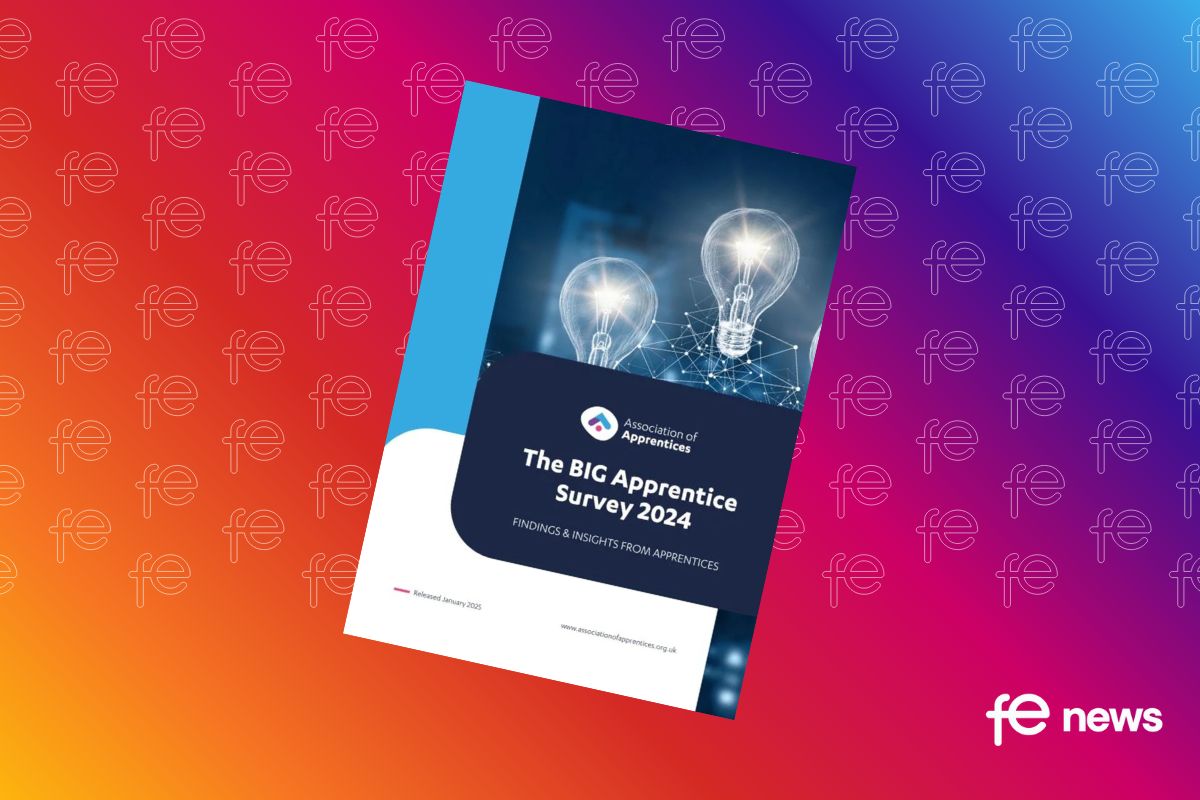The benefits of teaching financial literacy

Money makes the world go round, and it’s at the centre of our day-to-day lives for a variety of reasons.
A 2018 study found that three quarters of Britons were worried about their finances, and further research concluded that over half of UK adults are concerned that their mental health is suffering in relation to money worries.
It’s really is a matter of education, as young adults often feel that they were not taught enough about money and budgeting during their years in education.
So, what’s the current situation and how can we improve on teaching young people how to manage their finances? We take a look, with some help from Business Rescue Expert, company liquidation specialists.
The millennial challenge
Millennials have brought a host of gaps in the teaching of finance to the surface, and countless studies have concluded that when it comes to money, this generation haven’t been taught adequate lessons.
Millennials’ spending patterns stand in stark contrast to their predecessors; they’re keen to splash out on experiences and don’t often take to the idea of big commitment purchases seriously — for example, houses.
Millennial spending habits signify the disparity of their knowledge and attitude towards budgeting — research has found that 60% of these youngsters said they are willing to spend more than £3.11 on a single cup of coffee, while only 29% of baby boomers would splurge for caffeine.
A lack of financial literacy in education has undoubtedly played a role in this, with many young people under the illusion that simply earning a lot of money means that you’ll never be in any debt, along with a general unwillingness when it comes to making sacrifices for the sake of budgeting.
One survey found that 42% of teenagers said that they wanted their parents to talk more about finances, and a staggeringly low 32% said that they knew how credit card fees and interest worked. Teenage years are pivotal points for learning, so why is financial literacy being left out?
Revised curriculums
Finances are complex and teaching them can require a lot of technicality and practical examples in order to make any sense.
Lessons in finance differ from core subjects like English and Science, as they provide life skills which, if not learned, will be detrimental as kids grow older and enter adult life.
One UK primary school created its own bank, to combat ‘below average’ financial literacy learning. Despite financial literacy being introduced to the national curriculum in England in 2014, not everyone believes that school is the place for financial education.
Some believe the duty should be on parents to teach their children the real value of money and how to approach it. It’s worth noting that in private schools, faith schools, and academies, it isn’t a compulsory part of the curriculum, so many youngsters would still miss out on these lessons.
A lot of schools who do incorporate it into the school day compartmentalize it into general ‘citizenship’ lessons, but it’s arguable whether enough emphasis is placed on it here.
The benefits of teaching financial literacy
The areas of financial literacy currently covered under the national curriculum include savings and investments, pensions, mortgages, insurance, and financial products.
It’s still a relatively recent introduction to schools, so not all teachers may feel confident in teaching it yet, due to the specialised, complex nature of the topics.
There is also the matter of religious differences in the approach to and teaching of these finance lessons. Followers of the Islamic faith are prohibited from using any form of compound interest. This relates to things like conventional mortgages, student loans and car loans, all of which are commonplace in many other cultures.
For this reason, making financial literacy universal, understandable, and an essential part of learning can be difficult. Maths might seem like an obvious place to drop lessons of finance in amongst existing content, but debate is rife as to whether subjects like trigonometry are still deserving for a place on exam papers, when finance lessons could take their place and provide long-lasting life skills.
While there is undoubtedly an absence and lack of depth in financial literacy, these lessons could become more popular in the future. These skills will prove invaluable for youngsters as they progress through life, and they could eventually counteract the stereotype of a financially irresponsible or illiterate millennials.











Responses